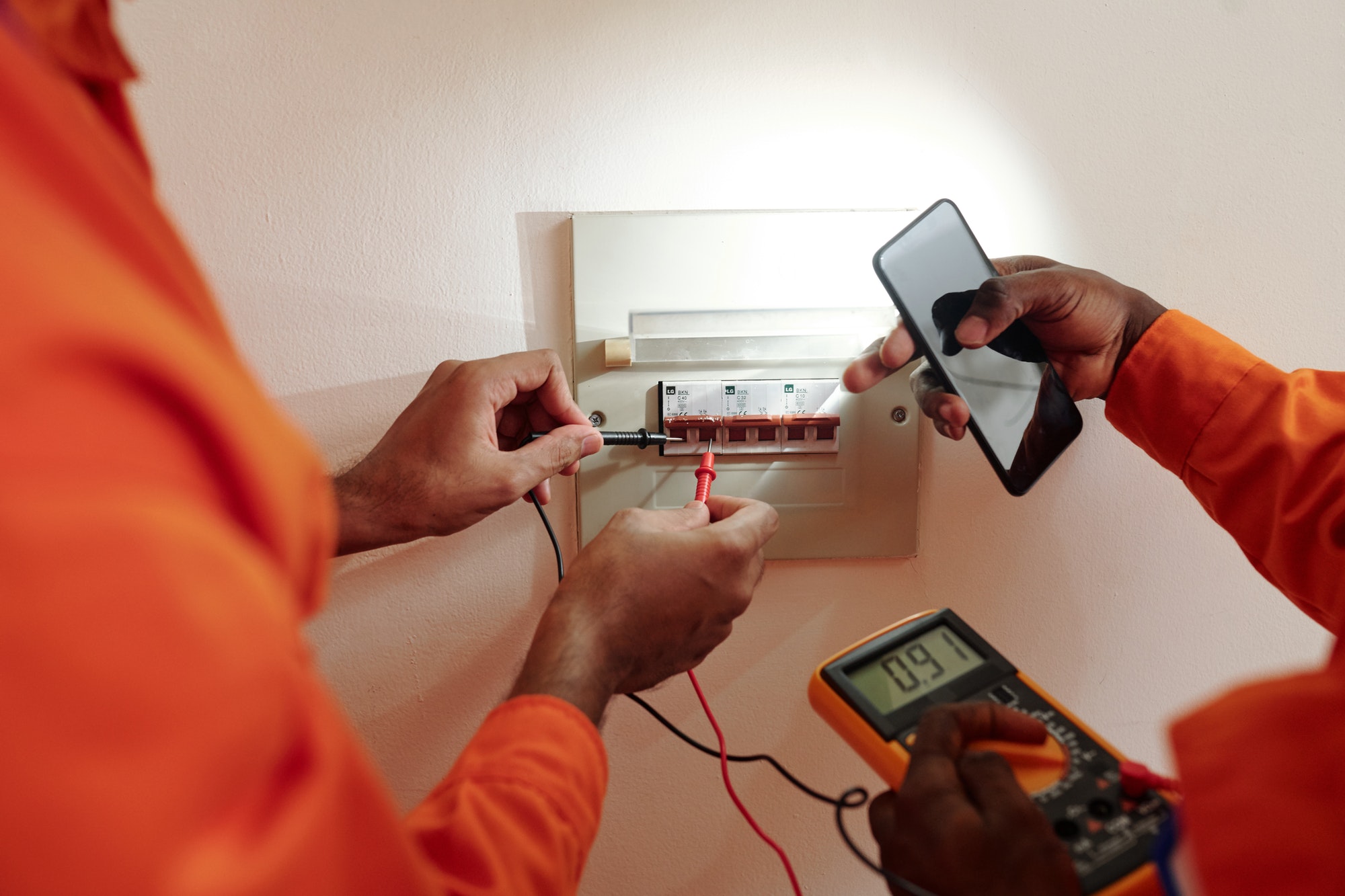London’s vast array of historical and modern properties often presents unique challenges when it comes to enhancing energy efficiency. Many older buildings, in particular, may not only fail to meet current energy standards but also possess outdated electrical systems that can significantly hinder efficiency efforts. Rewiring these properties not only enhances safety but also presents an opportunity to implement sustainable solutions that reduce energy consumption and environmental impact. Here’s how property rewiring can boost energy efficiency in London homes:
1. Updating Outdated Systems
Many older properties in London still rely on electrical systems that were not designed to handle modern energy demands. These outdated systems can be inefficient, wasting significant amounts of energy. Rewiring offers a chance to replace old, inefficient wiring and components with modern, energy-efficient alternatives that are better suited to today’s technology.
2. Incorporating Smart Technology
Rewiring provides the perfect opportunity to integrate smart technology into your home. Smart thermostats, lighting controls, and energy monitors can all be incorporated easily into new electrical systems. These technologies allow homeowners to manage their energy usage more effectively, significantly reducing waste and improving overall efficiency.
3. Improving Lighting Efficiency
A significant aspect of rewiring is the opportunity to upgrade lighting fixtures and systems. Transitioning to LED lighting, which uses a fraction of the energy of traditional bulbs and lasts significantly longer, can dramatically decrease a home’s energy use. Smart lighting systems can add further efficiencies by adjusting brightness based on the time of day or occupancy, further reducing unnecessary energy expenditure.
4. Enhanced Appliance Circuits
Modern appliances are much more energy-efficient than their older counterparts but may require different electrical loads. Proper rewiring includes designing circuits that can optimally handle these loads, which helps in reducing energy loss and ensuring that appliances operate at peak efficiency.
5. Safety and Compliance
Updated wiring reduces the risk of electrical fires and other hazards associated with outdated systems. Moreover, it ensures compliance with the latest UK electrical safety regulations and standards, which include mandates for energy efficiency.
6. Reduction in Carbon Footprint
By improving energy efficiency, rewiring reduces the overall energy demand from the grid, which in turn lowers the carbon footprint of a property. This is particularly important in urban areas like London, where reducing emissions is crucial for meeting environmental targets.
7. Preparing for Future Upgrades
Rewiring can future-proof a property by laying the groundwork for further enhancements, such as solar panel installation or electric vehicle charging stations. Having a modern, robust, and adaptable electrical system makes it easier to incorporate these technologies as they become increasingly commonplace.
8. Professional Assessments
Before undertaking a rewiring project, it’s advisable to have a professional energy assessment. This can help identify specific issues and opportunities for efficiency improvements in the property. Such assessments can guide the rewiring process, ensuring that it is tailored to the unique needs of the building and its occupants.
Conclusion
Rewiring is more than just a safety measure; it is a significant step towards making London properties more energy-efficient and sustainable. By updating old systems, integrating smart technology, and preparing for future advancements, homeowners can significantly improve the efficiency of their properties. This not only leads to reduced energy bills and compliance with regulations but also contributes to the broader goal of creating a more sustainable urban environment.







